Little Ones in Self-Isolation


At Mizzie, we know that the current pandemic is a new and different experience for most little ones. During this time of fast and sudden changed, it's common for children to feel overwhelmed, confused or upset.
Developing an open communication with your little one is the best way to make sure that they feel comfortable and safe whilst the coronavirus is out there. The Mizzie team have found some tips and tricks to help you navigate the conversation!
1. Make time to talk about it!
Having a chat with your child is the best way to help them understand the coronavirus outbreak, so its important to have this conversation when they can give your their full attention.
Maybe try chatting before bedtime, during bath time or at the dinner table? A safe space where your little one is most comfortable is best!
2. Using a calm, reassuring tone.
The tone of your voice and the way in which you speak about things are often reflected in your child's aspect towards a topic. Making sure that you are calm and reassuring during this conversation is the best way to help your little one feel safe and secure.

3. Ask them!
Your little ones may have heard or seen certain things about the pandemic online or on the tv, so asking them what they know and understand about it is a great way to help them develop their knowledge and teach them the important information they need to know.
Making sure you incorporate these questions in everyday conversation is a great way to keep your little one calm! Saying things such as 'We can’t go to swimming lessons at the moment. Do you know why?’, is perfect to relate the topic back to them, and give you the opportunity to gently educate if needed.
4. Explain Social Distancing.
Making sure that your child knows the important facts about the virus, in a positive way, is a great way to make them comfortable. Having a gentle conversation about social distancing, why its important and explaining the concept of germ-passing in a way they can understand, is one of the best things you can do to help them through this time.
5. Tune into their feelings.
Some children might be okay with staying at home all the time. But some might be frightened, worried or upset.
Ask your child how they're feeling and listen to what they says. You can also ask what they needs to feel better. It might reassure your child if you share your own feelings and let them know what you’re doing to cope with them.

For more information, check out Raising Children.
Thank you for reading the Mizzie World Blog! Comment below other topics you'd like us to cover!
Much love,
The Mizzie Team x

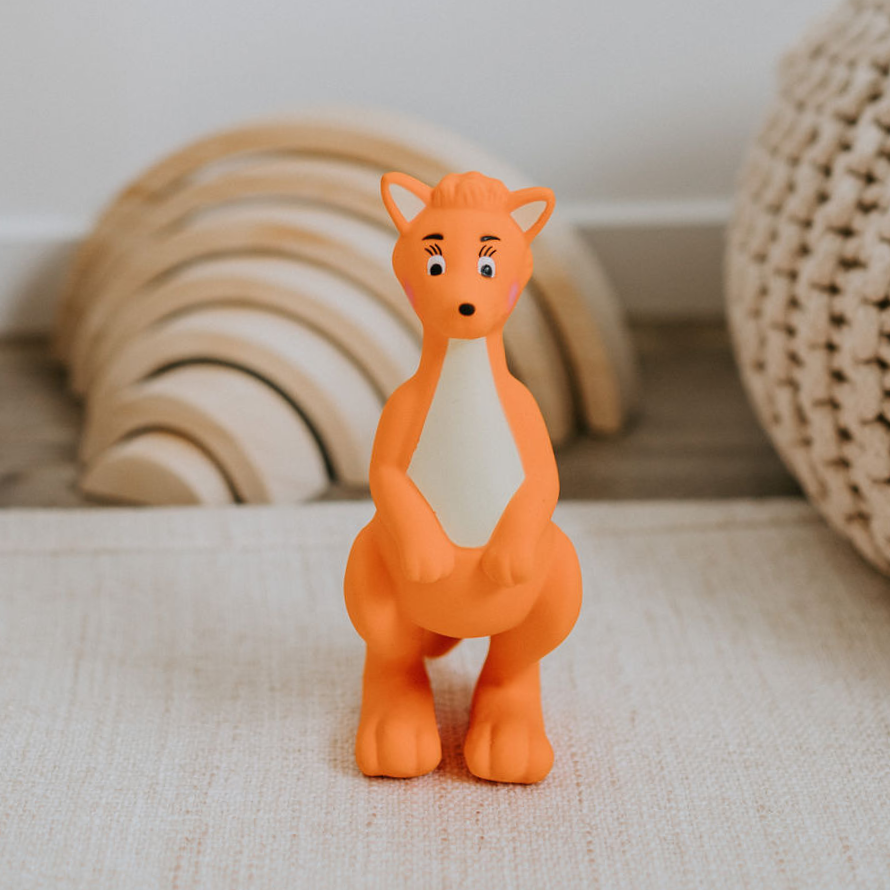
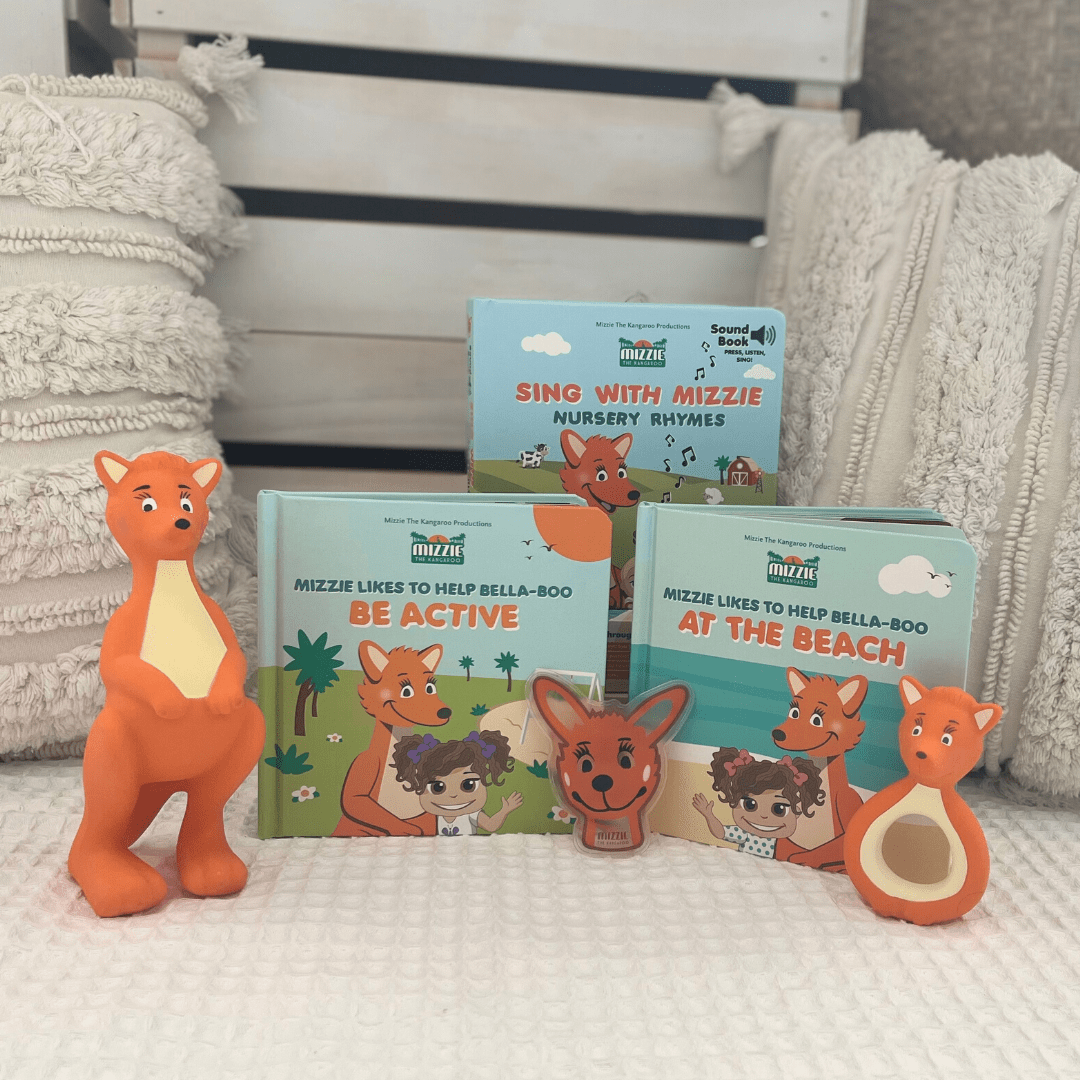





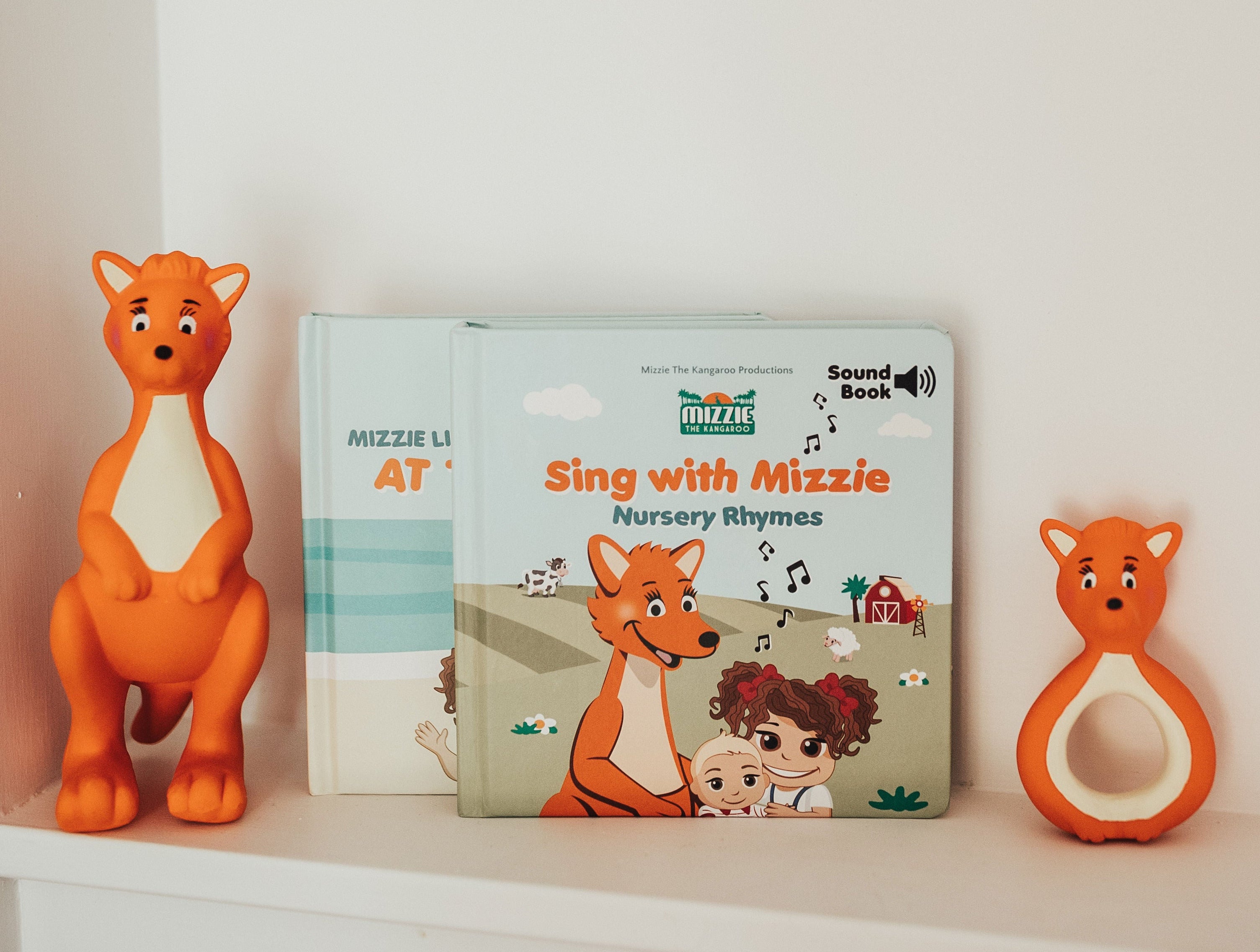

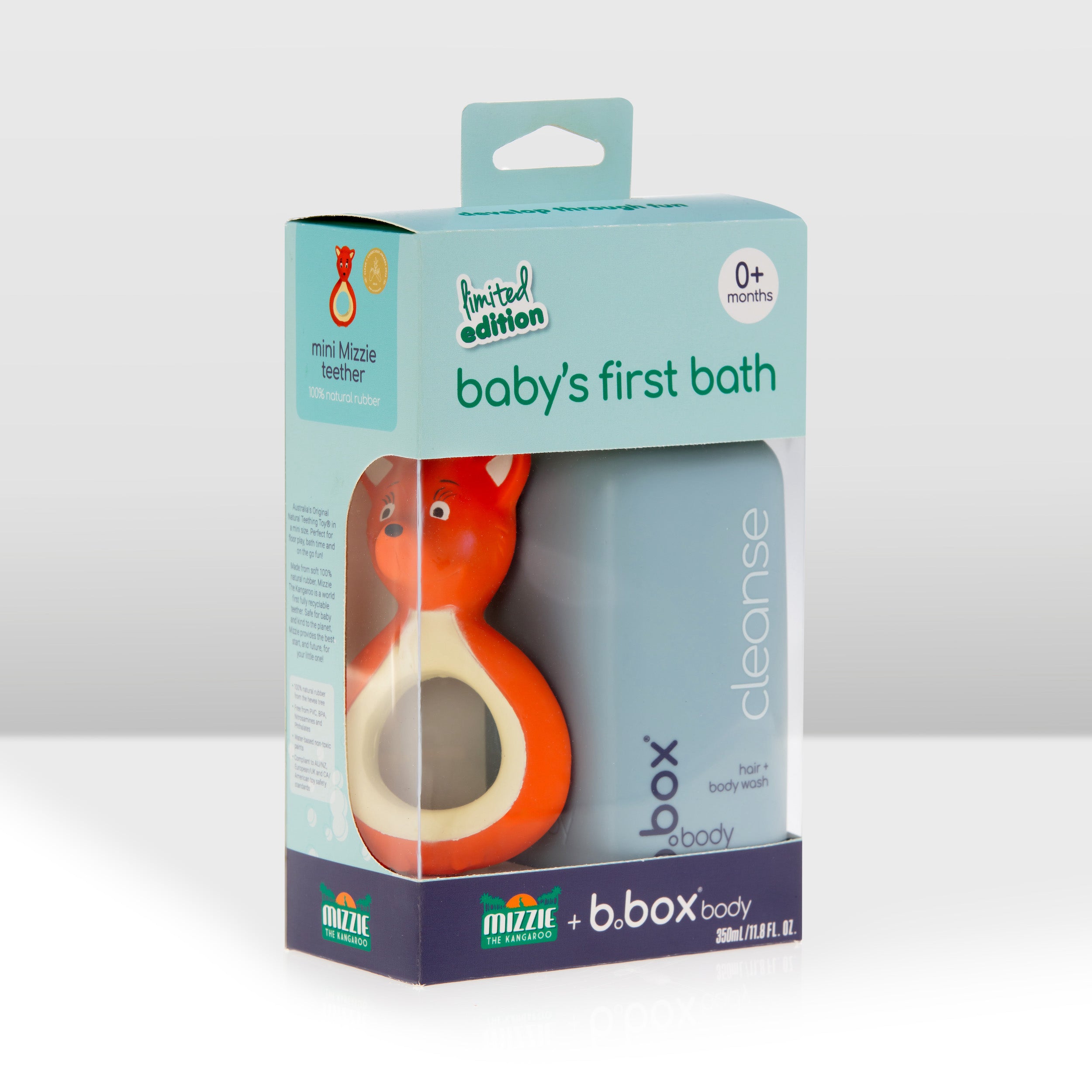

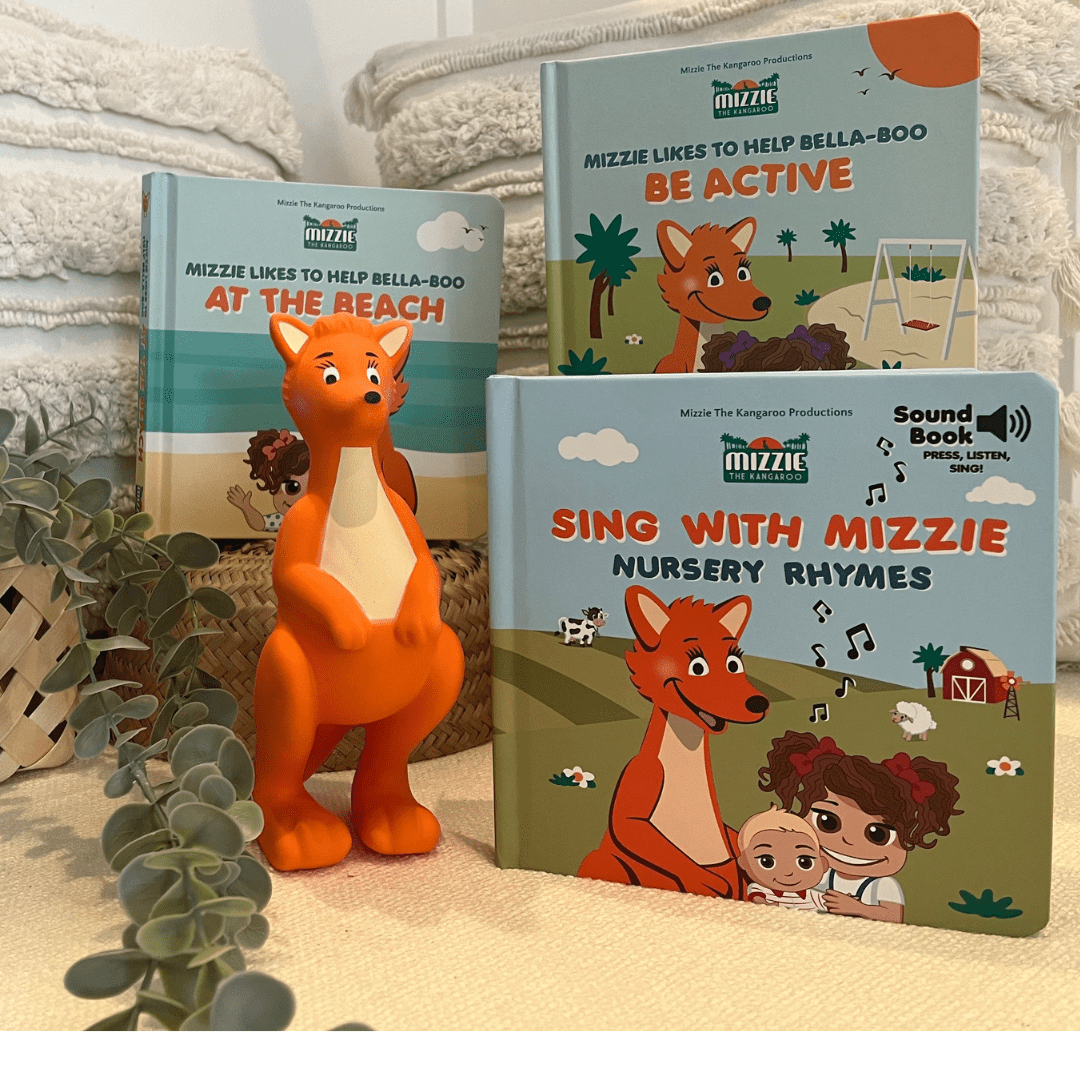
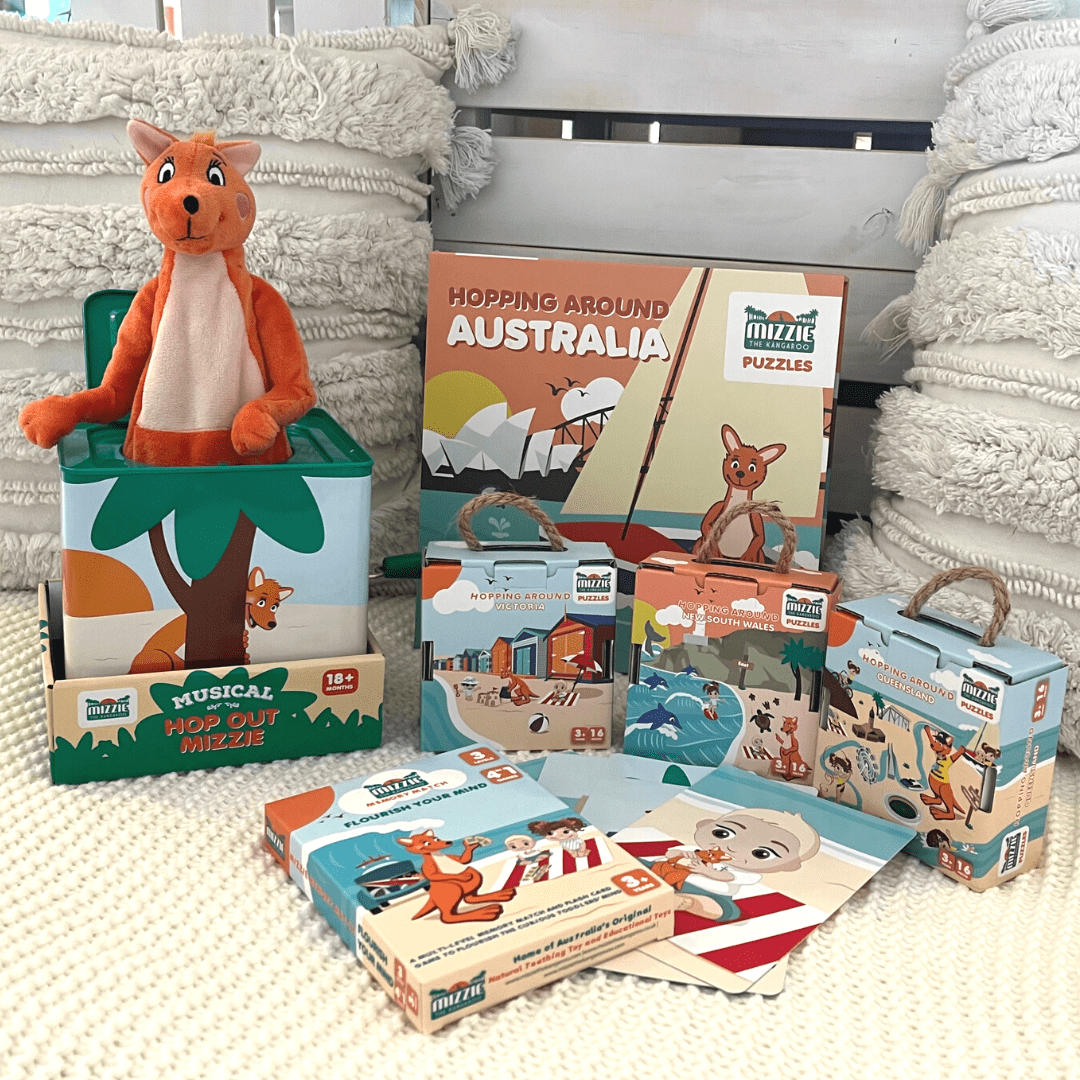
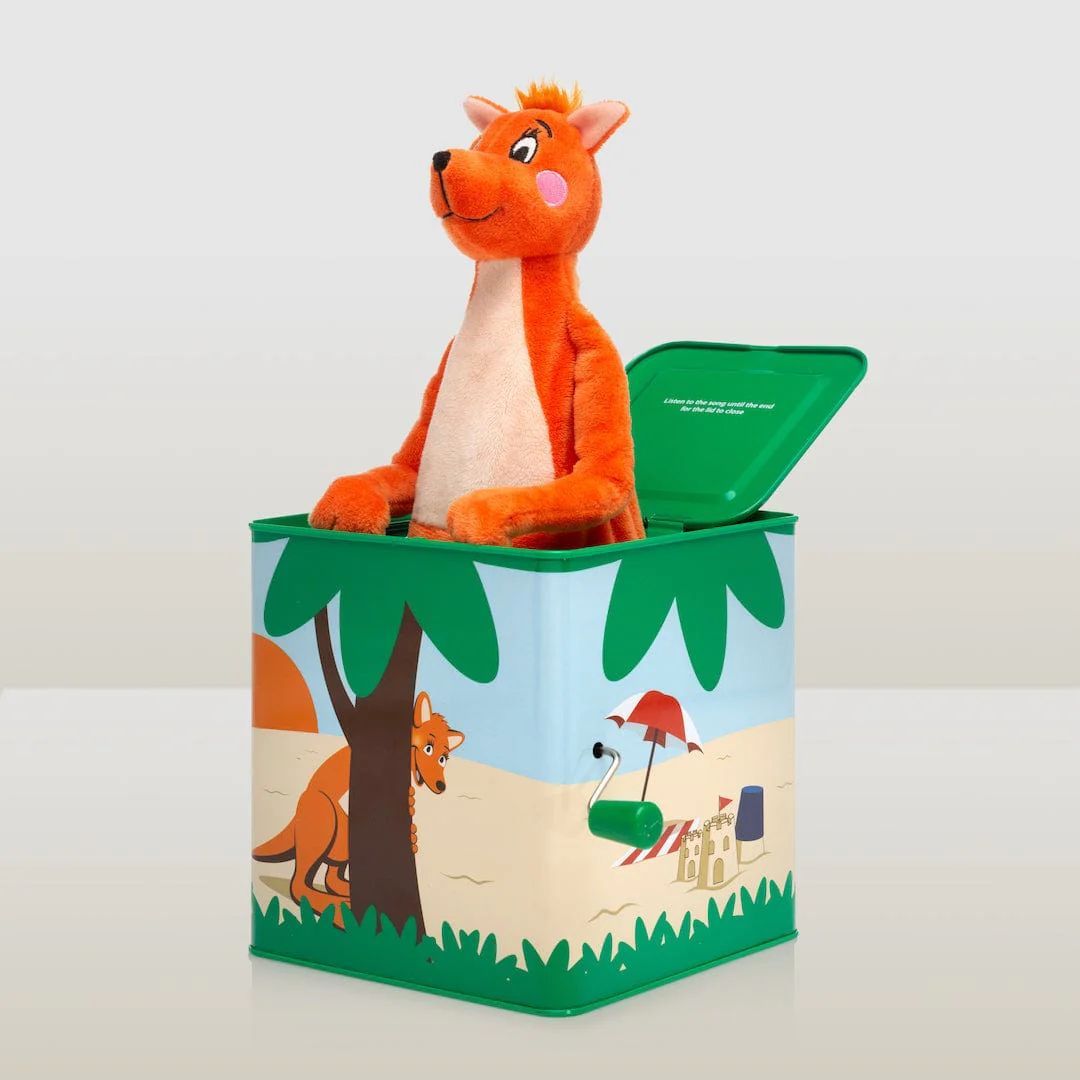
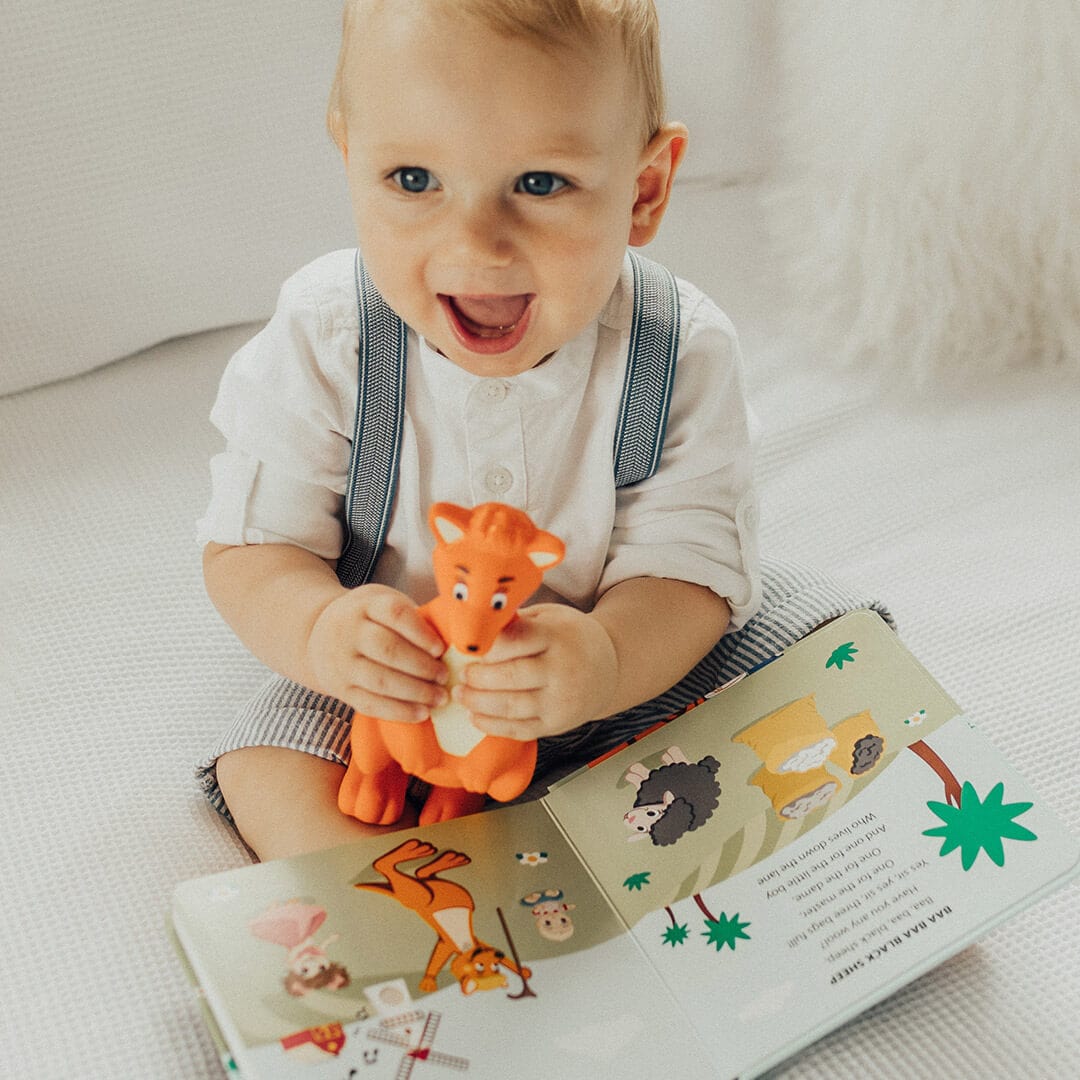
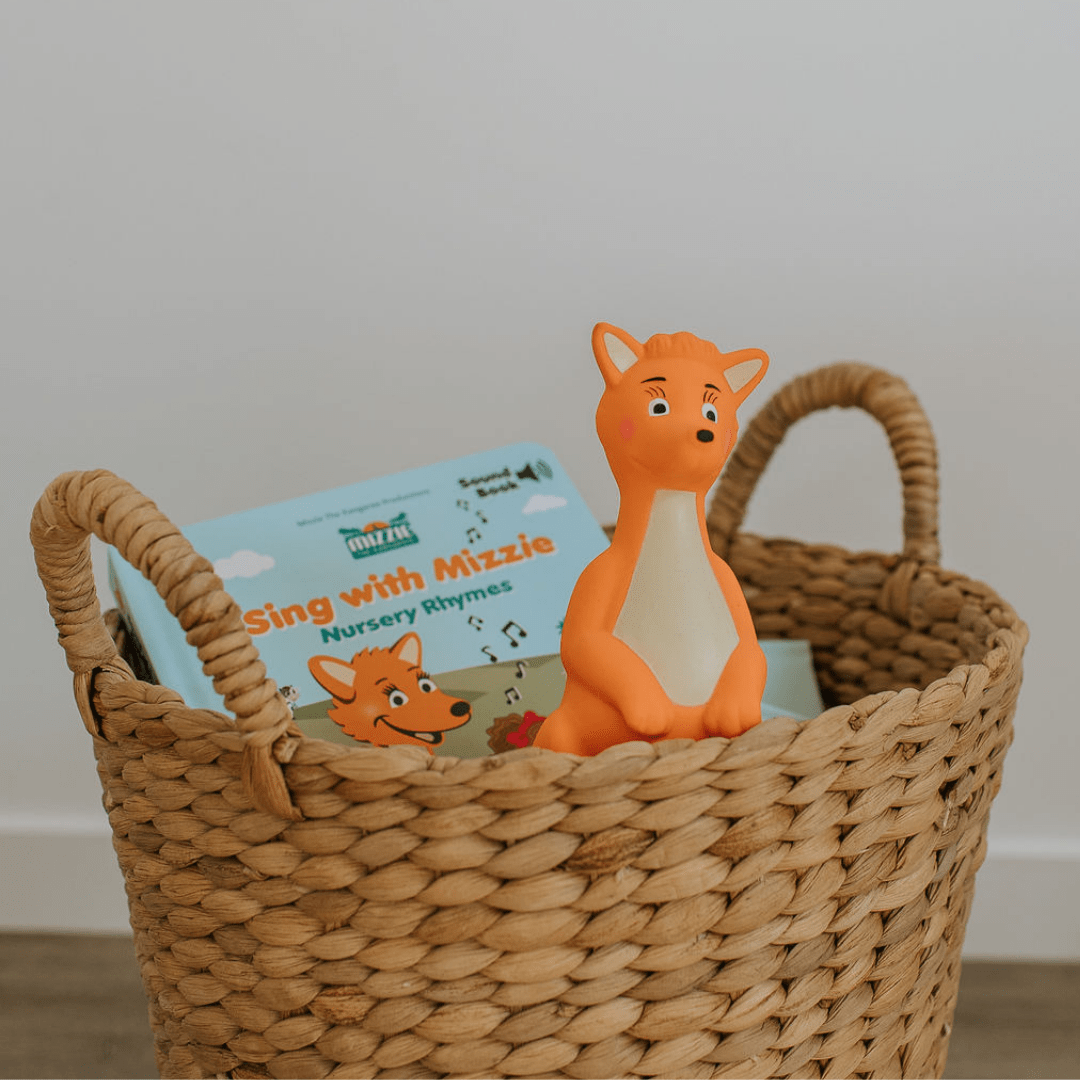

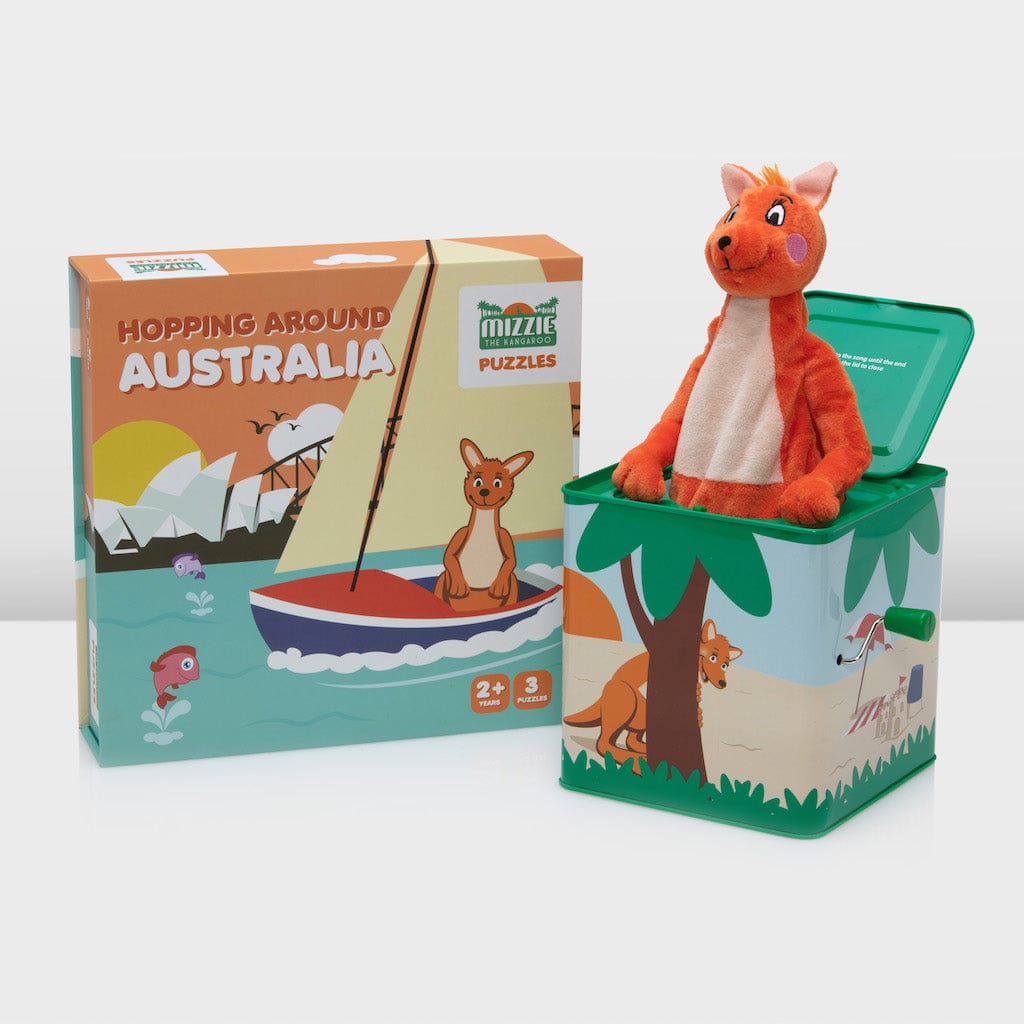
Leave a comment